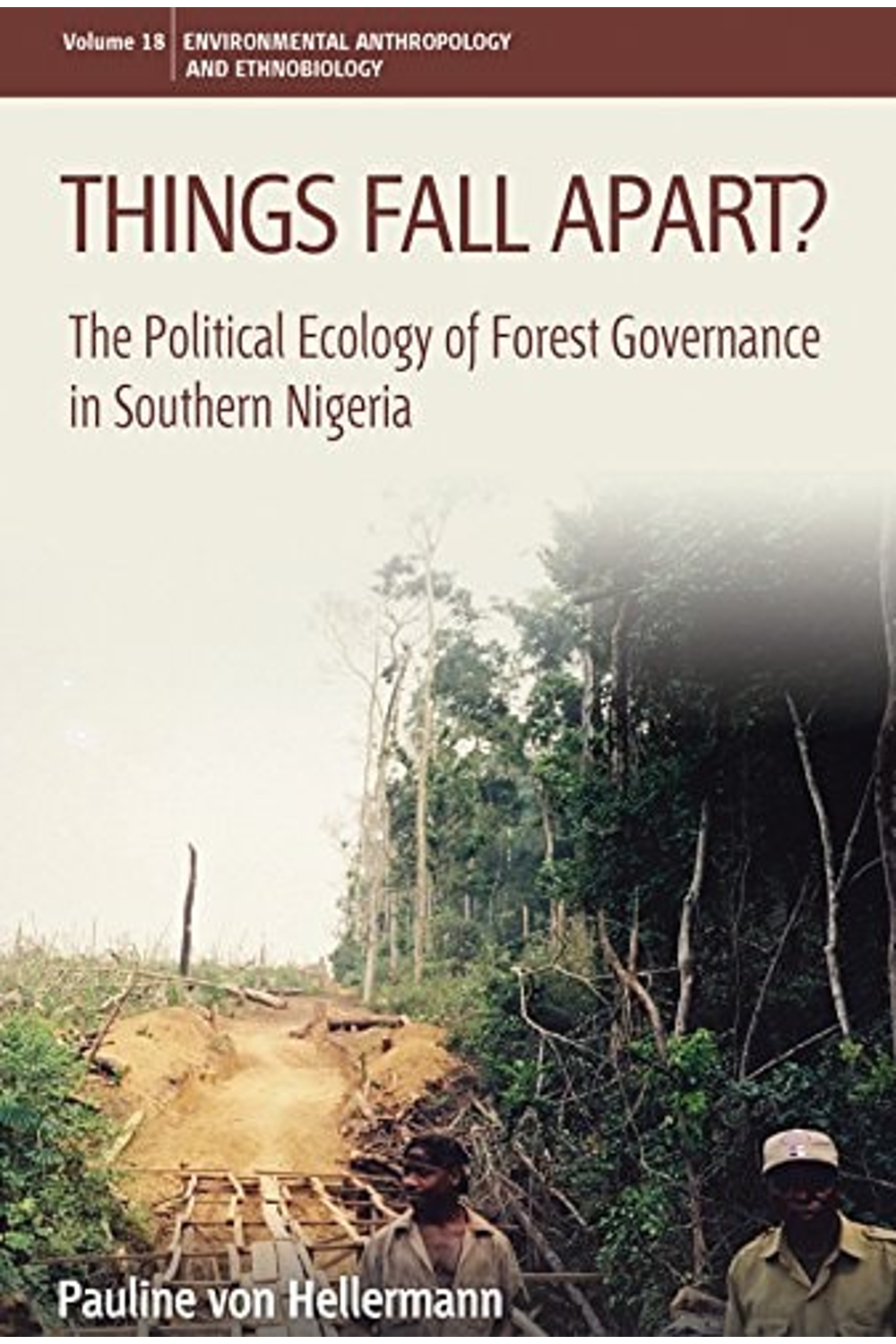“Things Fall Apart?: The Political Ecology of Forest Governance in Southern Nigeria” by Pauline von Hellermann offers a compelling counter-narrative to the common explanations of deforestation in Nigeria. This meticulously researched study challenges the simplistic blame placed on corruption and governance failures, arguing instead that the roots of the ecological crisis lie within the history of scientific forestry itself. Von Hellermann’s analysis, drawing on in-depth ethnographic research and historical context, reveals how policies intended to improve forest management have ironically contributed to its decline. She uncovers the surprising ways in which local communities, often demonized as destroyers of forests, actually employ practices that enhance biodiversity. This book is essential reading for anyone seeking a nuanced understanding of the political ecology of environmental degradation in post-colonial contexts. It demands a re-evaluation of “good governance” and a critical examination of the assumptions that underpin current approaches to conservation in the Global South. For scholars and policymakers alike, “Things Fall Apart?” provides valuable insights into sustainable development and the vital role of local knowledge in ecological preservation.
Things Fall Apart?: The Political Ecology of Forest Governance in Southern Nigeria (Environmental Anthropology and Ethnobiology, 18)
14,10 $
In stock
Governance failure and corruption are increasingly identified as key causes of tropical deforestation. In Nigerias Edo State, once the showcase of scientific forestry in West Africa, large-scale forest conversion and the virtual depletion of timber stocks are invariably attributed to recent failures in forest management, and are seen as yet another instance of how things fall apart in Nigeria. Through an in-depth historical and ethnographic study of forestry in Edo State, this book challenges this routine linking of political and ecological crisis narratives. It shows that the roots of many of todays problems lie in scientific forest management itself, rather than its recent abandonment, and moreover that many illegal local practices improve rather than reduce biodiversity and forest cover. The book therefore challenges preconceptions about contemporary Nigeria and highlights the need to reevaluate current understandings of what constitutes good governance in tropical forestry.
| Authors | |
|---|---|
| Binding | |
| Condition | |
| ISBN-10 | 0857459899 |
| ISBN-13 | 9780857459893 |
| Language | |
| Pages | 206 |
| Publisher | |
| Year published | |
| Weight | 449 |
| Edition | 1 |
- Additional information
- Currencies
- USD – United States dollar
- EUR – Euro
- GBP – Pound sterling
- CNY – Chinese yuan
- BRL – Brazilian real
- MXN – Mexican peso
- JPY – Japanese yen
- PHP – Philippine peso
- THB – Thai baht
- PLN – Polish złoty
- CAD – Canadian dollar
- MYR – Malaysian ringgit
- AUD – Australian dollar
- TWD – New Taiwan dollar
- CZK – Czech koruna
- SEK – Swedish krona
- HUF – Hungarian forint
- ILS – Israeli new shekel
- CHF – Swiss franc
- HKD – Hong Kong dollar
- DKK – Danish krone
- SGD – Singapore dollar
- NOK – Norwegian krone
- NZD – New Zealand dollar





